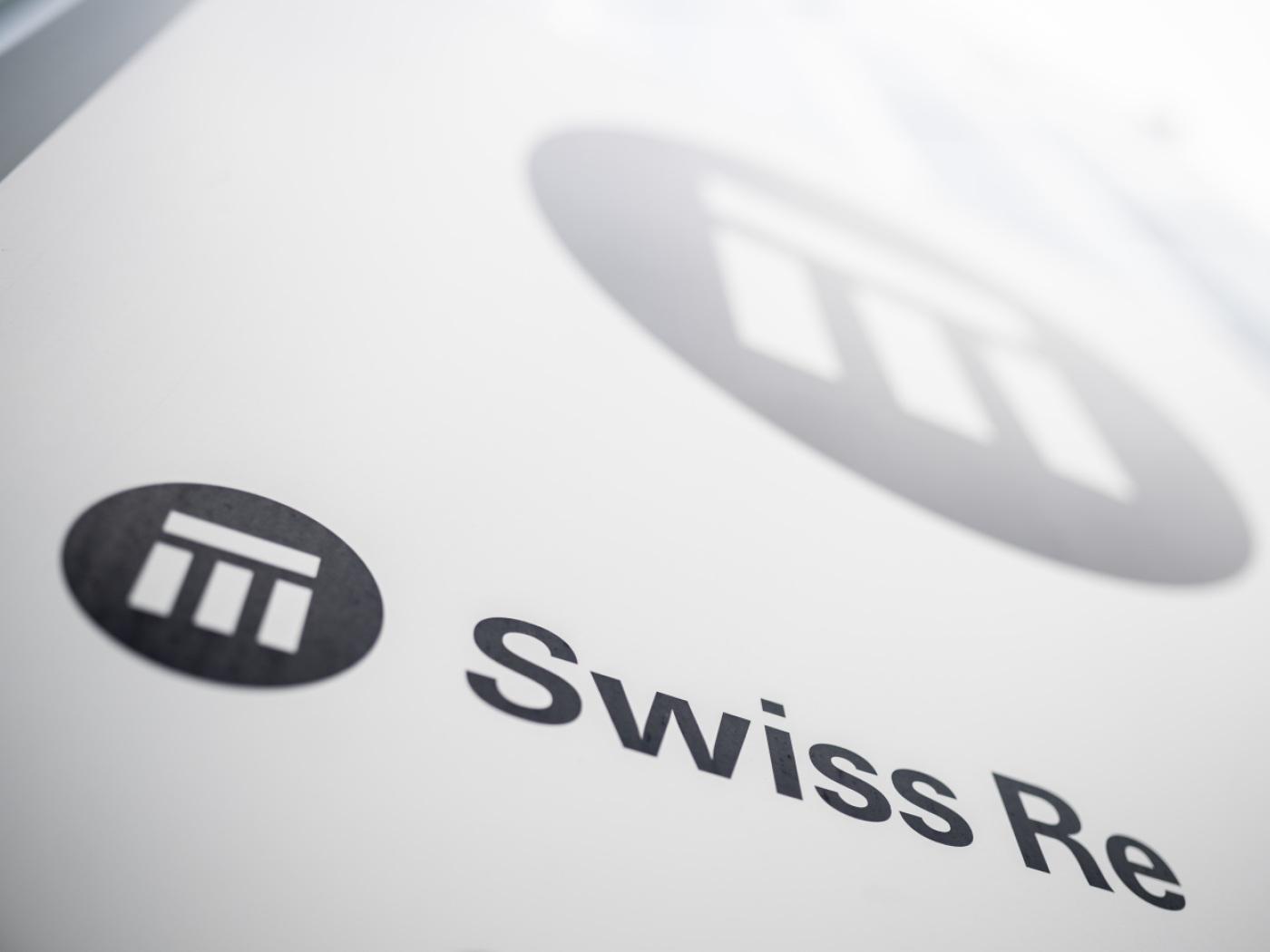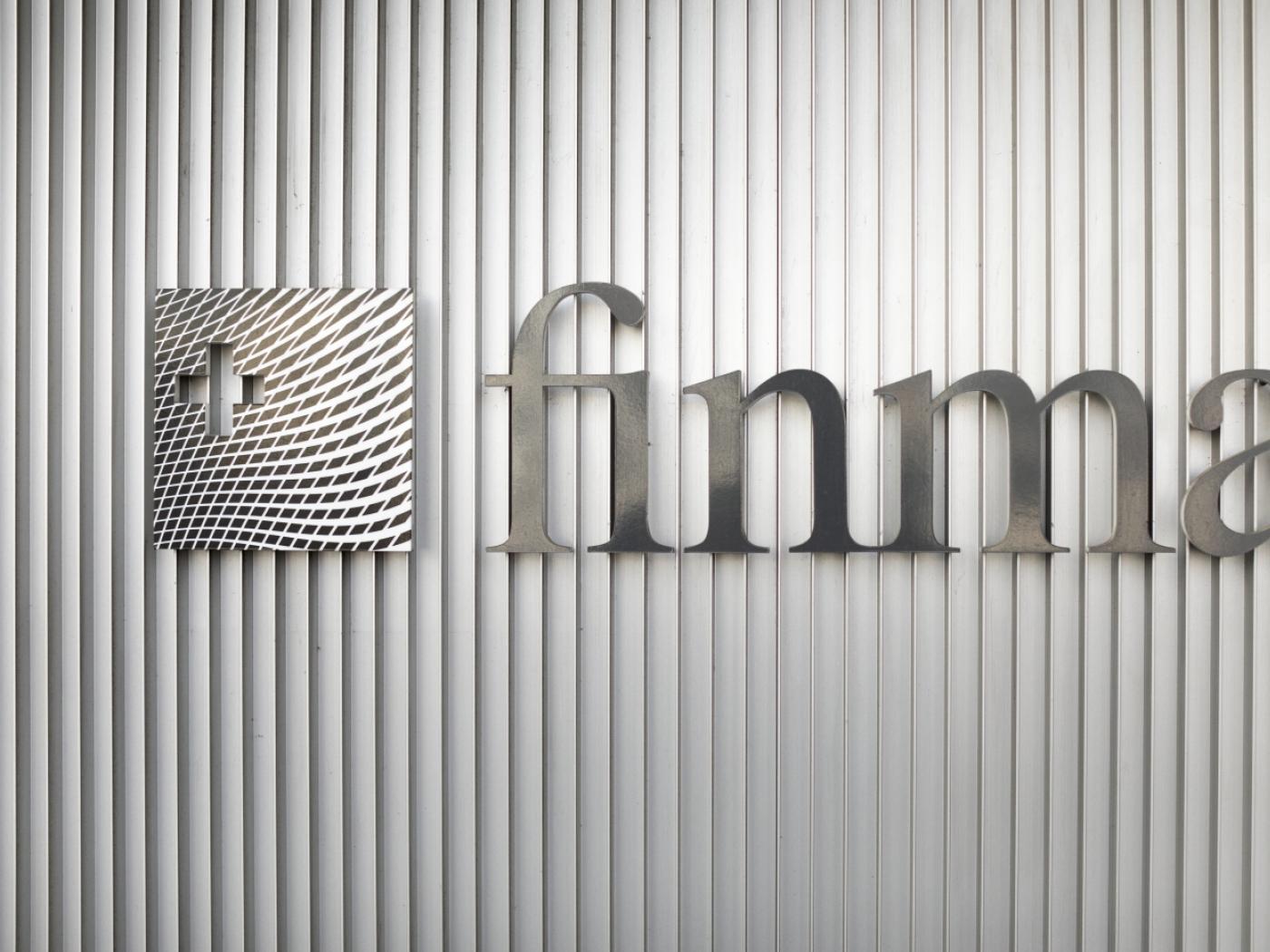“Democracy” is one of those terms that is essentially useless unless the one using the word first defines his terms. After all, the term “democratic” can mean anything from small-scale direct democracy to the mega-elections we see in today’s huge constitutional states. Among the modern social-democratic Left, the term often just means “something I like.”
The meaning of the term can also vary significantly from time to time and from place to place. During the Jacksonian period, the Democratic party—which at the time was the decentralist, free-market, Jeffersonian party—was called “the Democracy.” By the mid twentieth century, the term meant something else entirely. In Europe, the term came to take on a variety of different meanings from place to place.
For our purposes here, I want to focus on how one particular European—Ludwig von Mises—used the term.
Although many modern students of Mises are often highly skeptical of democracy of various types, it is clear that Mises himself used the term with approval. But, Mises used the word in a way that was quite different from how most use it today. The Misesian view contrasts with modern conceptions of a “democracy” in which majority rule is forcibly imposed upon the whole population. Because modern democratic states exercise monopolistic power over their populations, there is then no escape from this “will of the majority.”
Misesian democracy is something else altogether.
Mises’s vision of democracy must be understood in light of his support for unlimited secession as a tool against majoritarian rule. For Mises, “democracy” means the free exercise of a right of exit, by which the alleged “will of the majority” is rendered unenforceable against those who seek to leave.
Moreover, we can only understand Mises’s idea of democracy if we note that Mises’s conception of a liberal “state” is not really a state at all; it contradicts the common definition of a state as an organization with a monopoly on the means of coercion. For Mises, membership within a “free” state is ultimately voluntary since secession remains always an option.
Mises’s View of Self-Determination and Secession
Mises supported the idea of a polity he called a “free national state.” However, Mises’s national state is not a monopolistic state because Mises maintained that “[n]o people and no part of a people shall be held against its will in a political association that it does not want.”
For Mises, the people of any portion of a national state are free to exercise their right of self-determination and by exiting the state via secession. As Mises put it:
The right of self-determination in regard to the question of membership in a state thus means: whenever the inhabitants of a particular territory, whether it be a single village, a whole district, or a series of adjacent districts, make it known, by a freely conducted plebiscite, that they no longer wish to remain united to the state to which they belong at the time, their wishes are to be respected and complied with. ...If it were in any way possible to grant this right of self-determination to every individual person, it would have to be done.
Mises contrasts this type of free association with the “princely state” which is essentially the modern state as we have come to know it. The princely state, Mises writes, “strives restlessly for expansion of its territory and for increase in the number of its subjects. ...The more land and the more subjects, the more revenues and the more soldiers.” When this type of state is not expanding, it is busy maintaining its borders, and thus, once within the borders of this state, all populations are denied any right of self-determination. After all, to tolerate self-determination—and the right of secession that naturally follows—would be to tolerate the dismemberment of the state.
Mises presents an alternative:
Liberalism knows no conquests, no annexations ... the problem of the size of the state is unimportant to it. It forces no one against his will into the structure of the state. Whoever wants to emigrate is not held back. When a part of the people of a state wants to drop out of the union, liberalism does not hinder it from doing so. Colonies that want to become independent need only do so.
Only if we consider the context presented by Mises here can we understand Mises when he presents his definition of democracy: “Democracy is self-determination, self-government, self-rule.” Put another way, “democracy” means groups of people—including even very small groups of people—can freely chose either to remain within a certain state, or to leave. Thus, we see that this idea of democracy is incompatible with the very idea of the modern state.
For Mises, democracy definitely does not mean what it has come to mean in modern usage: that all citizens within a specific state territory are bound to submit themselves to the laws approved by that territory’s ruling majority coalition, no matter what.
The Problem of Majority Rule
Indeed, Mises was thoroughly acquainted with the problem of majoritarian rule and how it is used to strip individuals of their rights. This process is especially dangerous in diverse societies where the overall population contains many cultural groups with incompatible values.
Mises writes that in culturally diverse territories,
the application of the majority principle leads not to the freedom of all but to the rule of the majority over the minority. ... Majority rule signifies something quite different here than in nationally uniform territories; here, for a part of the people, it is not popular rule but foreign rule.
Mises notes that for those on the losing side—that is, those within the out-of-power minority cultural group—majority rule essentially means a permanent loss of any ability to meaningfully affect the policies adopted by the state. Those groups that have little hope of competing with the majority coalition have essentially been conquered and are subject to a type of “foreign rule.”
Mises understood that the only sustainable solution to this problem is to respect the right of self-determination secured by secession.
Without this right of self-determination and unlimited secession every state is, in practice, a monopolistic state that can impose its own values and agenda on the entire population. The presence of elections and “democratic” institutions—democratic in the common, modern sense—does little or nothing to mitigate the state’s power over those who would prefer to leave or govern themselves differently.
Read More: “Mises on Nationalism, the Right of Self-Determination, and the Problem of Immigration“ by Joseph Salerno.
Full story here Are you the author? Previous post See more for Next postTags: Featured,newsletter



























